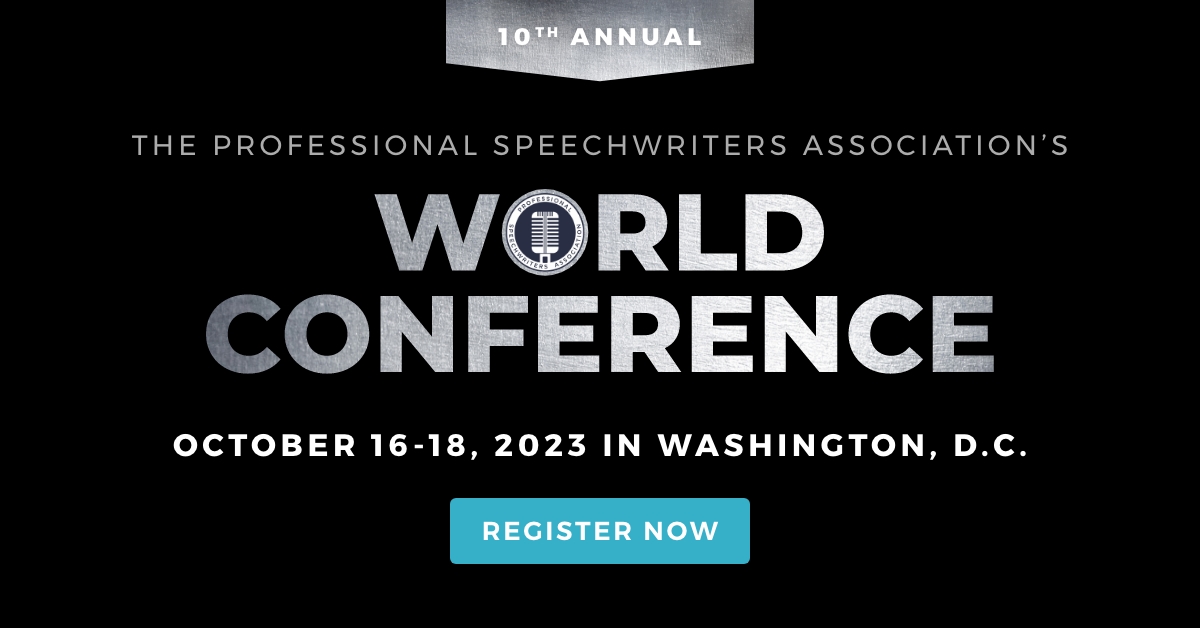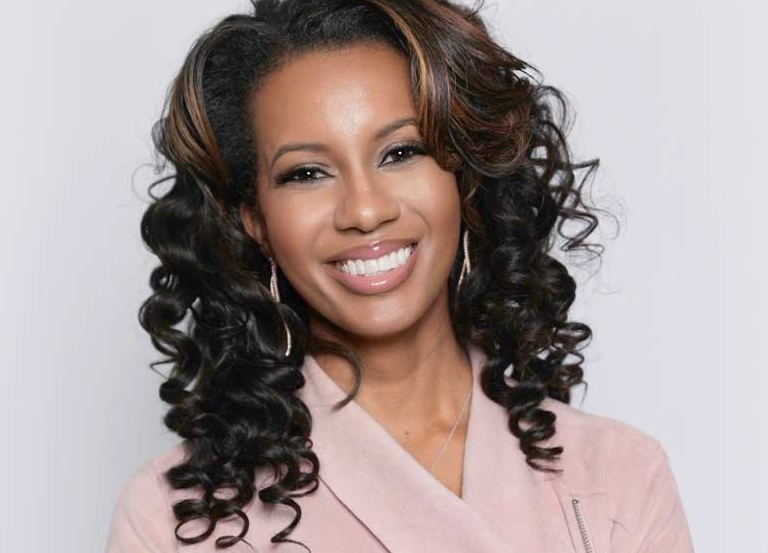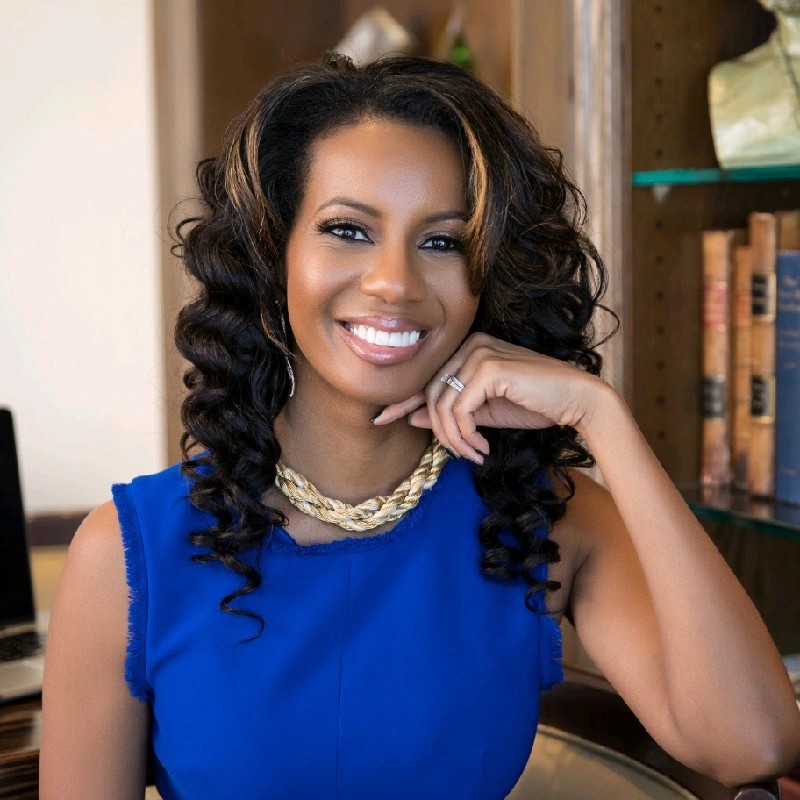Literally Indefensible
October 29, 2024
Jeff Bezos' defense of The Washington Post's non-endorsement doesn't conceal but actually reveals the decision's disingenuousness.
The old joke: An Irishman walked past a bar. It could happen! Well, I feel the same about philanthropic, civic-minded billionaires. It could happen!
Another one bites the dust.
Washington Post owner Jeff Bezos, in the final, one-word condemnation of my hero Studs Terkel, is a wrong-o. Let’s break down his disastrously bad defense, published yesterday, of the Post‘s refusal to endorse a presidential candidate this year. Bezos in Roman, Murray in italics:
***
In the annual public surveys about trust and reputation, journalists and the media have regularly fallen near the very bottom, often just above Congress. But in this year’s Gallup poll, we have managed to fall below Congress. Our profession is now the least trusted of all. Something we are doing is clearly not working.
Just as there’s always a new study on an epidemic of binge-drinking on college campuses, there’s always a new study on the low regard people have for journalists. This lede could have been written in 2020, 2010 or 2000. And was. And was and was and was and was, by everyone wanting to reform journalism, and also everyone wanting to murder it. You did something new this week, Bezos. So tell us something new, in your explanation.
Let me give an analogy. Voting machines must meet two requirements. They must count the vote accurately, and people must believe they count the vote accurately. The second requirement is distinct from and just as important as the first.
To continue your analogy then: If people don’t believe voting machines count the vote accurately, then the obvious solution is to publicly open the machine and tear out the rocker arm. And that will make people magically believe, despite the endless, baseless propaganda that made them disbelieve in the first place?
Likewise with newspapers. We must be accurate, and we must be believed to be accurate. It’s a bitter pill to swallow, but we are failing on the second requirement. Most people believe the media is biased. Anyone who doesn’t see this is paying scant attention to reality, and those who fight reality lose. Reality is an undefeated champion. It would be easy to blame others for our long and continuing fall in credibility (and, therefore, decline in impact), but a victim mentality will not help. Complaining is not a strategy. We must work harder to control what we can control to increase our credibility.
The clichés in this paragraph read like a fortune cookie: “It’s a bitter pill to swallow.” “It would be easy to blame others … but a victim mentality will not help.” “We must work harder to control what we can control ….” This isn’t writing, it’s building with legos. And at this moment in our civic history, does anyone feel confident that “reality is an undefeated champion”? Reality, these days, is the New York Jets.
Presidential endorsements do nothing to tip the scales of an election. No undecided voters in Pennsylvania are going to say, “I’m going with Newspaper A’s endorsement.” None. What presidential endorsements actually do is create a perception of bias. A perception of non-independence. Ending them is a principled decision, and it’s the right one. Eugene Meyer, publisher of The Washington Post from 1933 to 1946, thought the same, and he was right. By itself, declining to endorse presidential candidates is not enough to move us very far up the trust scale, but it’s a meaningful step in the right direction. I wish we had made the change earlier than we did, in a moment further from the election and the emotions around it. That was inadequate planning, and not some intentional strategy.
As longtime G.E. Chief Communications Officer Gary Sheffer writes on LinkedIn, Bezos’ claim that to have come to the sudden and blinding realization that endorsements are wrong across the board is “Illogical: If political endorsements create a perception of bias, as Bezos asserts, why will the Post continue to make them in non-presidential elections?” Sheffer calls Bezos’ column “one of the worst crisis management statements I’ve seen from a CEO/owner.” And I don’t think Sheffer goes far enough.
I would also like to be clear that no quid pro quo of any kind is at work here. Neither campaign nor candidate was consulted or informed at any level or in any way about this decision. It was made entirely internally. Dave Limp, the chief executive of one of my companies, Blue Origin, met with former president Donald Trump on the day of our announcement. I sighed when I found out, because I knew it would provide ammunition to those who would like to frame this as anything other than a principled decision. But the fact is, I didn’t know about the meeting beforehand. Even Limp didn’t know about it in advance; the meeting was scheduled quickly that morning. There is no connection between it and our decision on presidential endorsements, and any suggestion otherwise is false.
You sighed, did you? However Dickensian his name, no serious person thought Dave Limp was the problem here, or that anyone needed to meet with Donald Trump personally to get his props for spiking your editorial staff’s planned Harris endorsement.
When it comes to the appearance of conflict, I am not an ideal owner of The Post. Every day, somewhere, some Amazon executive or Blue Origin executive or someone from the other philanthropies and companies I own or invest in is meeting with government officials. I once wrote that The Post is a “complexifier” for me. It is, but it turns out I’m also a complexifier for The Post.
That whole paragraph is a self-pitying sigh. As is the next.
You can see my wealth and business interests as a bulwark against intimidation, or you can see them as a web of conflicting interests. Only my own principles can tip the balance from one to the other. I assure you that my views here are, in fact, principled, and I believe my track record as owner of The Post since 2013 backs this up. You are of course free to make your own determination, but I challenge you to find one instance in those 11 years where I have prevailed upon anyone at The Post in favor of my own interests. It hasn’t happened.
“I assure you that my views here are, in fact, principled ….” Or as William Carlos Williams might have put it, “This is just to say … I have eaten / the plums / that were in / the icebox / and which / you were probably / saving for breakfast / Forgive me / I can assure you / my decision was / in fact / principled.“
Lack of credibility isn’t unique to The Post. Our brethren newspapers have the same issue. And it’s a problem not only for media, but also for the nation. Many people are turning to off-the-cuff podcasts, inaccurate social media posts and other unverified news sources, which can quickly spread misinformation and deepen divisions. The Washington Post and the New York Times win prizes, but increasingly we talk only to a certain elite. More and more, we talk to ourselves. (It wasn’t always this way—in the 1990s we achieved 80 percent household penetration in the D.C. metro area.)
The above paragraph contributes exactly nothing to the argument for not making an endorsement. It fills six lines of perfectly principled white space, while dismissing newspapers as walkie-talkies for “a certain elite.” Writing this bad usually comes from trying to explain decisions this bad. During the Cuban Missile Crisis, JFK speechwriter Ted Sorensen gave up on something he was assigned to say to the Russians, because after staying up all night working on it, he concluded: “The thing wouldn’t write.” This Bezos column wouldn’t write either. But since he’s the boss, they published it anyway.
While I do not and will not push my personal interest, I will also not allow this paper to stay on autopilot and fade into irrelevance — overtaken by unresearched podcasts and social media barbs — not without a fight. It’s too important. The stakes are too high. Now more than ever the world needs a credible, trusted, independent voice, and where better for that voice to originate than the capital city of the most important country in the world? To win this fight, we will have to exercise new muscles. Some changes will be a return to the past, and some will be new inventions. Criticism will be part and parcel of anything new, of course. This is the way of the world. None of this will be easy, but it will be worth it. I am so grateful to be part of this endeavor. Many of the finest journalists you’ll find anywhere work at The Washington Post, and they work painstakingly every day to get to the truth. They deserve to be believed.
More linguistic legos: “I … will not allow the paper to stay on autopilot and fade into irrelevance … not without a fight. … The stakes are too high. Now more than ever … To win this fight, we have to exercise new muscles. … This is the way of the world. None of this will be easy.“ J-E-T-S, Jets, Jets Jets! I don’t exactly know what goes on in the offices of The Washington Post, and my suspicions are only those. But to cancel a time-honored civic tradition in destabilized society on the eve of a potentially cataclysmic national election, knowing the message it would send but copping only to “inadequate planning, and not some intentional strategy”—well, you can’t bullshit a bullshitter, Bezos. Not this bullshitter, anyway.





